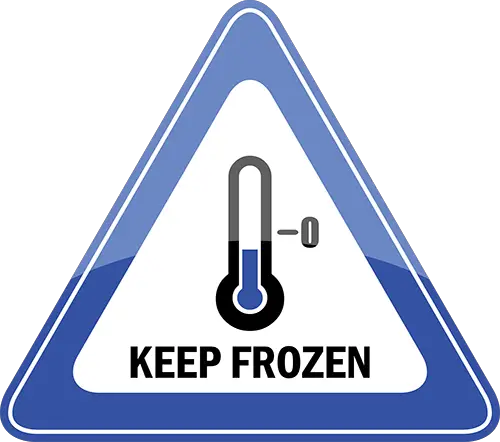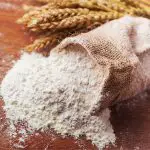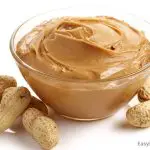Keeping Nuts & Seeds in The Freezer (Can you? For How Long?)
Perhaps you got a gift basket during the holidays with various nuts, or you decided you wanted to eat nuts or seeds daily and buy them in bulk for better cost-efficiency. To keep them fresh, you wonder if you can freeze nuts and seeds?
You can freeze nuts and seeds long-term to prevent the oils in them from going rancid or having them become stale. Various frozen nuts and seeds will stay fresh in the freezer for one to three years with proper handling and preparation.
In this article, you will learn how to freeze nuts and seeds, find out how long various types of nuts and seeds last in the freezer, plus some helpful tips for freezing them.
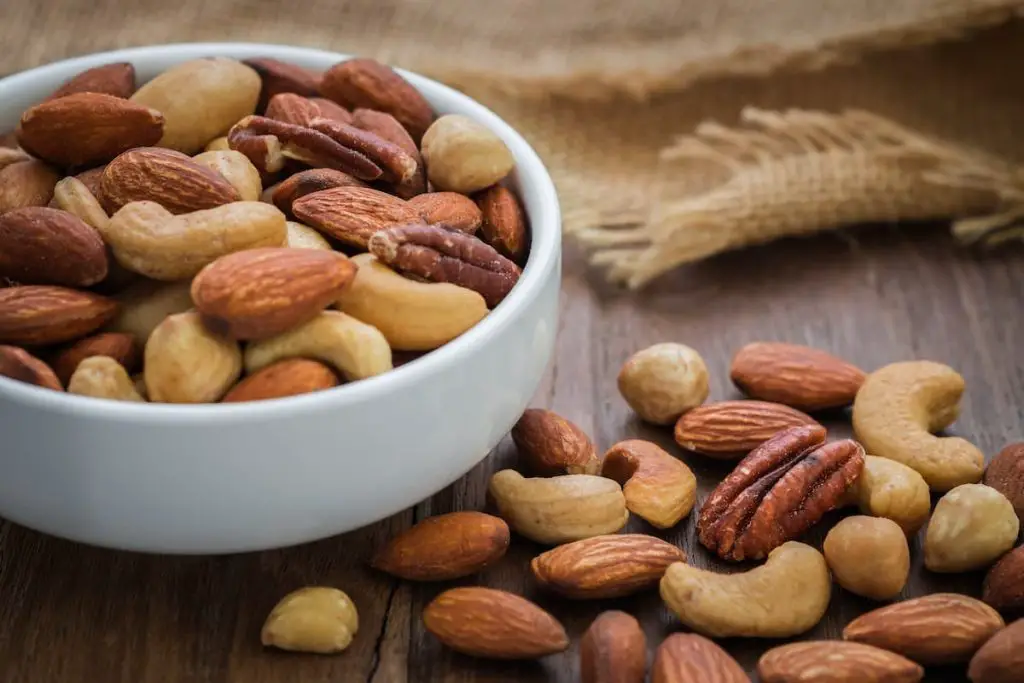
How To Safely Freeze Nuts & Seeds
Proper storage and handling of nuts and seeds are essential to keep them fresh and edible. Typically, nuts do not contain harmful bacteria.
However, there have been salmonellosis outbreaks related to almonds, peanut butter, and more in recent years. Unfortunately, freezing temperatures do not kill this bacteria.
To combat this problem, nut processing facilities do the following to kill the Salmonella:
- Blanch
- Roast
- Steam
- Heat
- Use other health-approved processes
Thankfully, the flavor profiles and texture of the nuts are not affected by these methods. Keep in mind, though, any nuts not processed in this way may contain harmful bacteria.
Always wash your hands before handling nuts and seeds, and crack any open (if needed) on clean surfaces. Don’t wash nuts in an attempt to rid them of bacteria, as it is ineffective, and the added moisture could invite mold and bacteria.
Freezing Nuts & Seeds
Nuts and seeds will last longer if stored in the freezer compared to room temperature or the refrigerator.
All you need to do is pack the excess nuts/seeds in a clean and moisture-free freezer-safe container. This is especially important if your nuts or seeds don’t have shells since they will be more likely to absorb moisture and associated flavors.
Ideally, you’ll want to fill the container as full as possible to reduce the amount of air as the air is what causes the oils in the nuts and seeds to oxidize.
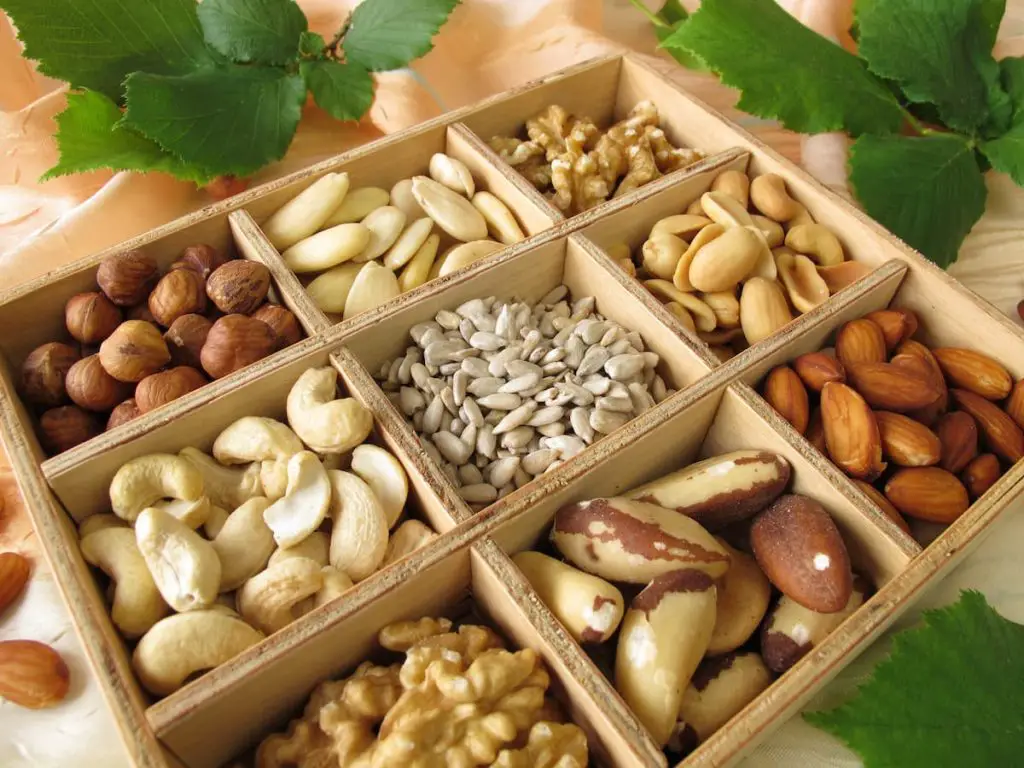
Amazon.com offers a variety of airtight storage solutions for use in the freezer that are perfect for nuts and seeds. Here are a few examples:
- LocknLock Twist Food Storage: This a twist lid airtight container, offering 11 oz (311 g) storage. The clear and dishwasher-safe container allows you to see exactly what is inside.
- Dishwasher Freezer Storage Bags: This set of 10 leakproof and resealable silicone bags is great for various storage options, including nuts. The set comes with three-gallon (11 liters), four sandwiches, and three snack bag sizes, making it a great option to store bulk nuts or prepare smaller sizes to grab and go.
- Reusable Plastic Storage Container Jars: This set of 12 comes with three different colors of lids (orange, red, green), allowing you to use colors as a way to differentiate between nut and seed varieties or mixtures. Or, perhaps each color can be for a different member of the family. The containers are made of food-grade, non-toxic plastic and have a flat bottom and top design to allow you to stack them in the freezer neatly.
Make sure you add or write a label and date the container for your future reference as well. If you are freezing mixed nuts, refer to the shortest freezer time as indicated below for your nut types. If unsure, eat them up before a year has passed.
Nuts and seeds with their shells on will typically last longer in the freezer, but if you want to be able to grab them and eat right away, you may wish to remove any shells before freezing, which is perfectly acceptable, as long as the seeds or nuts are free from moisture.
Here is a chart for various freezer shelf-life for some commonly consumed nuts and seeds:
| Nut Type: | Freezer Storage 0°F (-18°C) or colder: |
| Almonds | 1-year |
| Chestnuts | 1-year |
| Pecans | 2-years |
| Pistachios | 3-years |
| Walnuts | 2-years |
| Seed Type: | Freezer Storage 0°F (-18°C) or colder: |
| Sunflower | 1-year |
| Pumpkin | 1-year |
| Flaxseed (Whole) | 1-year |
| Sesame | 1 to 3-years |
Note that the freezer times listed in the table above are for how long the specific nut or seed can remain in the freezer for best quality. Nuts and seeds can be safely frozen almost indefinitely but you may begin to notice a decline in their taste and overall quality after the times listed.
Tip: You’ll need to take quick action if you wish to store chestnuts in the freezer. Fresh chestnuts will lose moisture quickly at room temperature resulting in a dry and hard nut. They will start to mold in about 2-weeks if not stored properly.
Using and Eating Nuts and Seeds From the Freezer
If you freeze the nuts or seeds properly (airtight and without moisture) they will not be stuck or clumped together when you remove them from the freezer. Seeds and nuts add a delightful flavor profile to many baking and snack recipes.
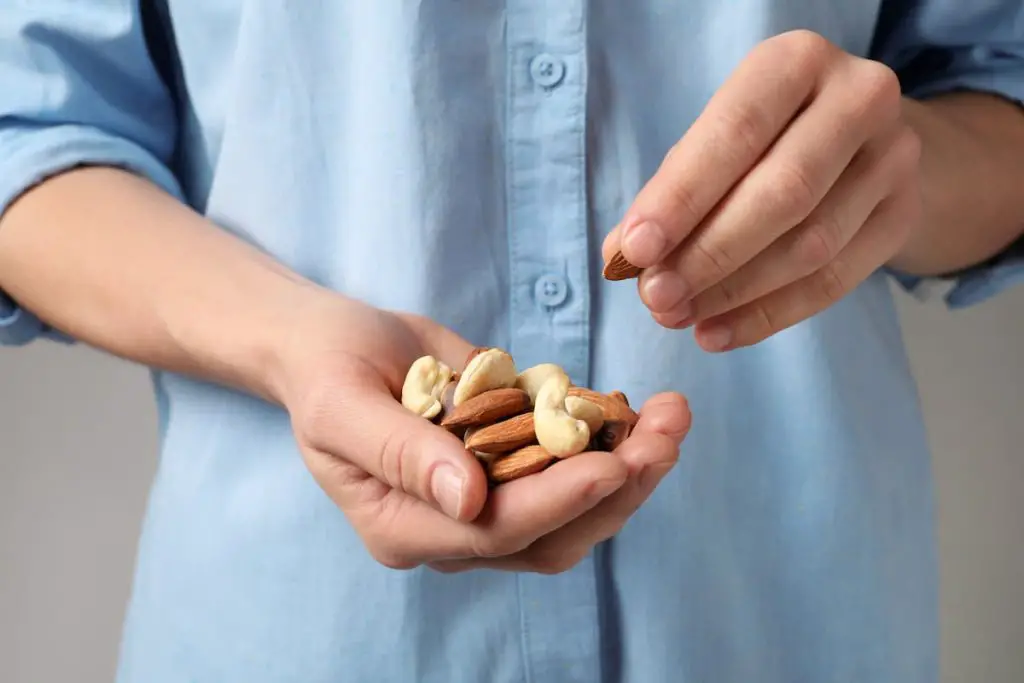
You don’t need to thaw nuts or seeds for baking or cooking purposes. Simply add them to your recipe.
If you wish to eat the frozen nuts and seeds as a snack or topping on an ice cream sundae or yogurt, allow them to thaw at room temperature for about 10-15 minutes, which will keep your teeth safe.
If your nuts or seeds taste stale, you can try baking them in an oven at 350°F (176°C) for 10 minutes. This will bring out the natural oils in them which will help to revitalize their taste. However, if the oils in the nuts have gone rancid (unlikely if they were frozen when fresh), you can’t remedy the taste and will have to discard them.
Frozen chestnuts, in particular, may need to be rehydrated before roasting. You can do this by soaking them in cold water for three to four hours.
Check out these top-rated nut recipes from Taste of Home for ideas to use your thawed nuts and seeds. You will find a large variety of dessert recipes, plus delicious nut mix combinations, quick bread, appetizers, and even a recipe for pecan-flavored bacon.
Using the Freezer To Kill Pests on Your Raw Nuts & Seeds
If your nuts or seeds come from a backyard source with you as the harvester and have not gone through a sterilization process like nuts and seeds from a commercial supplier, you can freeze them first at 0°F (-18°C) before eating.
While freezing nuts and seeds won’t kill bacteria, it will eliminate any pests that are mixed in.
Step 1: Make sure they are dry by laying them out on a clean tray in a shady area with good circulation, away from animals.
Step 2: Then put them in the freezer for 48 hours. As a result, this will kill any insects and their eggs.
After this, you can take them out to eat or keep the nuts and seeds frozen for long-term storage.
Conclusion
Nuts and seeds can easily be frozen when purchased in bulk or picked raw from the garden. By keeping them moisture free and preserved in the freezer, various nuts and seeds will stay fresh for one to three years.
